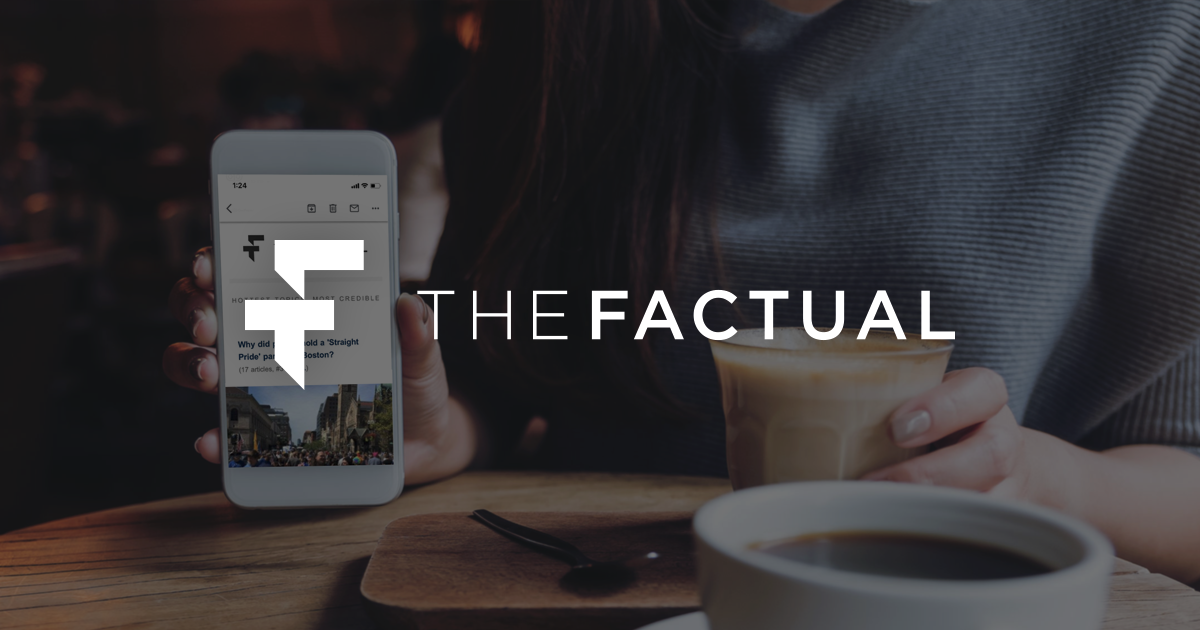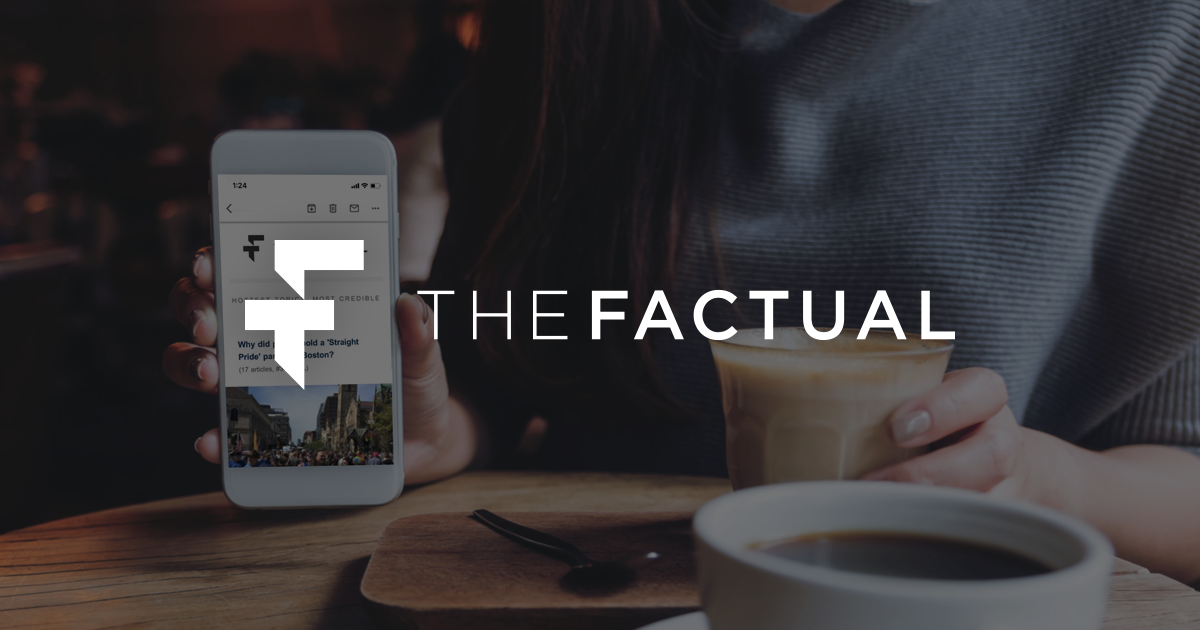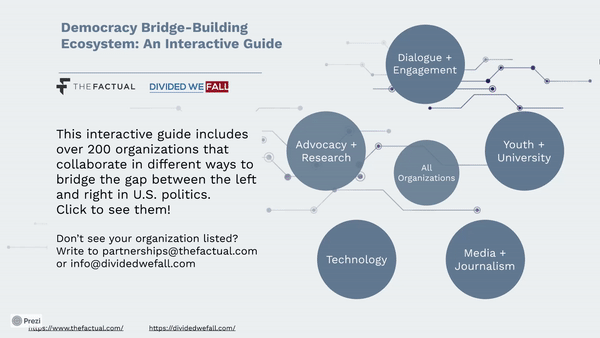I’m delighted to announce that today we’re rebranding OwlFactor as The Factual.
When we founded OwlFactor we envisioned our technology as a utility that helps people evaluate the news and figure out what to trust. Hence we named the company after our algorithm.
But we’ve since discovered that our users are smart enough to figure out what news to trust; they just don’t have the time to do so. What they want is a single destination where they can quickly see the most credible news on the hottest news topics. Hence it made sense to give our company a name that communicated our value as a destination — The Factual.

Does the name matter?
If you’re wondering if a company name matters at all — yes it does.
If you’ve never seen the movie The Founder, about the origins of McDonald’s restaurants, I highly recommend it. (Also recommended is Boom Like That, a Mark Knopfler song on this story, but I digress). Towards the end of the movie the McDonalds brothers ask Ray Kroc why he wanted to formally acquire them after having copied every element of the fast-food chain — recipe, process, restaurant layout etc. Michael Keaton, playing Ray Kroc, says:
Even you don’t know what makes McDonald’s special!? It’s not just the system. It’s the name. That glorious name. McDonalds. It could be anything you want it to be. It’s limitless. It’s wide open. It sounds like… America.
A more contemporary validation of the importance of a name comes from the “ladder of proof” checklist from the venture investor NfX where “a good company name” is fourth in a list of 20+ criteria.
A good name is even more important for consumer startups where word-of-mouth is an important growth vector. That’s why we’re thrilled with our new name — The Factual.
Mistakes to avoid when naming your startup
When it comes to naming a startup we made every mistake possible and The Factual is actually our fourth name. Below is a shortlist of our biggest errors so you can avoid them when naming your startup.
Lesson 1: Get a .com
Our very first name was polisci.me. This was based on our original idea that every person would have their own political science profile of their news topics of interest, public representatives and interactions etc.
I’m sure you’re laughing at how ridiculously nerdy this name is but what really killed it was the “.me” ending. Turns out most consumers assume everything has a “.com” ending.
Lesson 2: Don’t misspell a name
Our second name was CivikOwl.com. The name was generally well-liked by users because “owls” have a positive connotation. But when our users talked about it to others they had to point out the spelling error (civicowl.com was already taken and the owner wouldn’t sell).
The breaking point was when one of our own investors referred to us as Civicowl… a year after funding us.
Of course, there are famous misspelled companies like Lyft but at four letters long, and a value prop that’s essentially the name (“get a lift”), that misspelling is not fatal.
Lesson 3: Make sure your name is easy to say
As our focus moved away from a civic-centric mission, it made sense to drop the “civic” prefix, which also seemed to have surprising liberal connotations for some people. We wanted to go with something arbitrary that could be anything in the future hence naming the company after our algorithm/technology — OwlFactor.
But when people mentioned the name in conversation others heard it as “allfactor” or “awlfactor”. So once again people had to spell it, or flap their arms and say “you know, like the bird”. Definitely not cool at dinner parties where we hoped OwlFactor would be a hot topic of conversation.
A test we should have done is mentioned the name in conversations with people who knew nothing about us and seen their reaction to the name. Did we have to spell it? Did it inspire further intrigue? Was it associated with anything unsavory or competitive?
Thankfully The Factual did very well on this test and made our final choice easy. Indeed, the easiest names to say are one-word names.
Lesson 4: Wait till product-market-fit to finalize your name
It’s likely that the idea you start your company with will evolve as you try to find product-market-fit. Have a generic name till then, or at least don’t be too wedded to a name until you finalize what market/need you’re solving.
Then ask your best users what value they get from your product. The words they use, and the problems your product solves for them, can help identify the right name for your company.
Bonus lesson: buy rather than negotiate
We used instantdomainsearch to find a name. Since every .com domain you can think of has already been purchased the “for sale” section is very helpful to know what’s available immediately for a price, and also seeing other related words to the one you searched for.
If you do encounter a domain under $10,000 it’s worth buying it outright versus contacting the seller. Every time we contacted a seller the prices they expected were nothing less than $25,000.
Finally, here is a fun post from 2006 by our CTO, Ajoy Sojan, on statistics around company names. Good luck finding your name!




